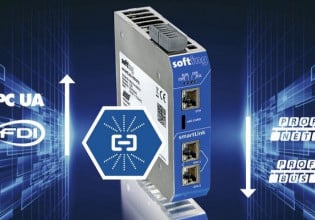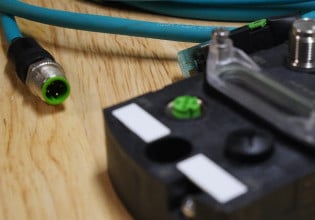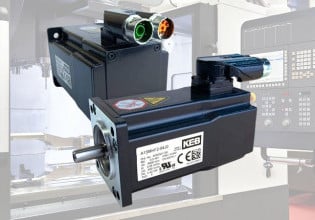I’ll throw in my $0.02, mostly to air personal grievances more than actual useful information I’ve mostly dealt with GE, Siemens, and Emerson OEMs, but I’ve been to ~100 plants and played with just about every combination out there. With maybe one exception, the hardware and software capabilities of all of them are perfectly fine for 99% of applications. I’m partial to MKV(I[e]) for gas turbines, generator controls, and LCIs; Siemens for steamers; and Emerson for DCS/BOP. The MKVIe, if it’s engineered and installed by a team that knows what they’re doing, is incredibly robust for turbine controls. Emerson’s DCS systems are almost idiot proof and easy to integrate with a whole host of other OEM equipment.
The issue across the board (not exclusively GE, but they are one of the worst offenders) is hardware and software packages making it to site with issues to be commissioned by field engineers without the knowledge, tools, experience, or engineering support they need to really get things right. Compounding that is the fact that most engineers with 15+ years experience doing things the right way are often given senior positions where they don’t get involved until a problem has already had some sort of significant negative impact. You also need to understand that most components are executed by different teams--the turbine controls is one team, generator controls is another, BOP is another, DCS is another, etc. These people don't always talk to eachother. One of my biggest pet peeves is when the AGC and turbine droop/speed control/whatever we're calling it now are not properly coordinated. The way it is supposed to work is the turbine responds grid frequency fluctuations outside of the deadband. This can also be done with the AGC. Way, way too often I've found plants where these two control loops are totally divorced. The AGC in the normal mode of operation will either squelch the response from the turbine controls, negating the entire thing, which is bad. Or worse, you get a response from the AGC on top of the response from the turbine controller, and the real power response is double what it should be in proportion to the grid frequency. These are stupid problems with potentially catastrophic consequences and really, really easy solutions. Compounding that again is the fact that really good field engineers are a dying breed. It’s hard work and way too often people take a field position just as a stepping stone to a desk job. Compound that one more time with plants that lack the technical resources to really and truly understand and review the work being done. Working with customers who double check every detail is tedious, but there is significant value added.
I don’t care which OEM you use, the products are all good. The team working on it will absolutely make or break the entire experience. And, unfortunately, there’s no line item for “give me a team that doesn’t suck.”
The issue across the board (not exclusively GE, but they are one of the worst offenders) is hardware and software packages making it to site with issues to be commissioned by field engineers without the knowledge, tools, experience, or engineering support they need to really get things right. Compounding that is the fact that most engineers with 15+ years experience doing things the right way are often given senior positions where they don’t get involved until a problem has already had some sort of significant negative impact. You also need to understand that most components are executed by different teams--the turbine controls is one team, generator controls is another, BOP is another, DCS is another, etc. These people don't always talk to eachother. One of my biggest pet peeves is when the AGC and turbine droop/speed control/whatever we're calling it now are not properly coordinated. The way it is supposed to work is the turbine responds grid frequency fluctuations outside of the deadband. This can also be done with the AGC. Way, way too often I've found plants where these two control loops are totally divorced. The AGC in the normal mode of operation will either squelch the response from the turbine controls, negating the entire thing, which is bad. Or worse, you get a response from the AGC on top of the response from the turbine controller, and the real power response is double what it should be in proportion to the grid frequency. These are stupid problems with potentially catastrophic consequences and really, really easy solutions. Compounding that again is the fact that really good field engineers are a dying breed. It’s hard work and way too often people take a field position just as a stepping stone to a desk job. Compound that one more time with plants that lack the technical resources to really and truly understand and review the work being done. Working with customers who double check every detail is tedious, but there is significant value added.
I don’t care which OEM you use, the products are all good. The team working on it will absolutely make or break the entire experience. And, unfortunately, there’s no line item for “give me a team that doesn’t suck.”






